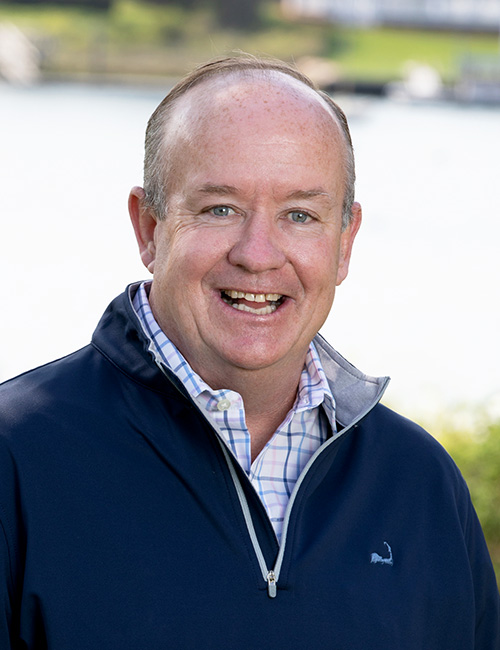
There is a lot of talk these days about eco homes, but it's important to remember that there's no one-size-fits-all approach to creating an eco home. An eco home does not have to have a specific design style or meet certain qualifications in order to be designated as such. Rather, an eco home is more of a concept. It's the idea of building a home that allows people to work toward achieving their personal sustainability goals.
Eco homes are defined as a residence that was designed in order to minimize its impact on the environment. Eco homes may be referred to as sustainable homes, green homes or environmentally-friendly properties. In some cases, a home is considered an eco home because it was designed with sustainability in mind and built with responsible materials. In other cases, a home is labeled as an eco home because upgrades have been made in order to make it an efficient property that results in minimal waste of resources.
There is no set criteria for an eco home, however, many of these homes have similar features. These are the most common features that can be found in an eco home:
When it comes to designing an eco home, you have the flexibility to include the features that work best for your personal goals and lifestyle needs.
Many people shy away from the idea of creating an eco home because they think it will come with a hefty price tag. While some eco-friendly amenities are more expensive initially, it's important to remember that many of these efforts will result in long-term cost savings. In addition, you have the freedom to select the sustainable features that fit within your budget. You do not have to have a luxury-sized budget in order to enjoy the benefits of an eco home. You can make a plan that works for you, and begin taking small steps toward living a more sustainable lifestyle.
In addition to having a positive impact on the environment, there are many other benefits associated with living in an eco home. Here are a few that you may enjoy:
Remember that an eco home does not necessarily have to be a new construction property. You also can transform an existing home into an eco home by making small adjustments or investing in major upgrades. Regardless of whether you build a new home or update your current property, you will find that it's very rewarding to live in an eco home.

I'm John Mahan, Sales Associate with William Raveis Real Estate, Harwich Port Office.
Throughout his childhood, John Mahan spent summers on Cape Cod at his parents’ home in Dennis Port. His intro to the Cape was, as he puts it, when his parents “carried me down the stairs at Sea Street Beach when I was a week old.” With a lifelong connection to Cape Cod, it seemed only natural for John and his wife, Mary, to move to Harwich – where they still reside – with their two young children in 1996.
Prior to moving to Cape Cod, John lived in the Worcester-Auburn area where he worked for Mass Electric for 10 years and was a member of the International Brotherhood of Utility Workers. When John and his family moved to the Cape, he worked at NSTAR for six years.
John began his career in real estate in 2002 when he joined Team Waystack Realty in Harwich Port. He has been a consistent top producing realtor in the Harwich area for the past 20 years. John’s approachable demeanor, combined with an integral understanding of the Cape Cod residential real estate market, have allowed him to build trusting, long-term relationships with his clients – both sellers and buyers.